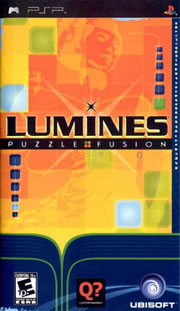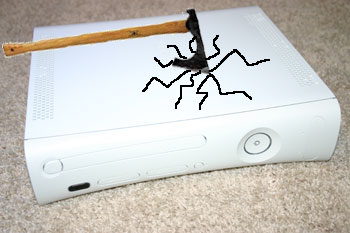The Spike Video Game Awards have come and gone, and if you listen really hard you can hear the “Lawls” of a million gamers on the internet. To be honest, I’m somewhat disappointed in my fellow players. It’s one thing to be upset with the quality of the VGA’s, but I’m amazed at how many people want it completely abolished. Do they not want to have a nationally recognized awards show for the best and brightest in the industry?
I know that isn’t what Spike is offering us, but if we shoot down everything that doesn’t immediately line up with what we want, we’ll never reach that lofty goal. I’m at least optimistic that some day, these VGA’s will get better. → Rayman Reading Rabbids





